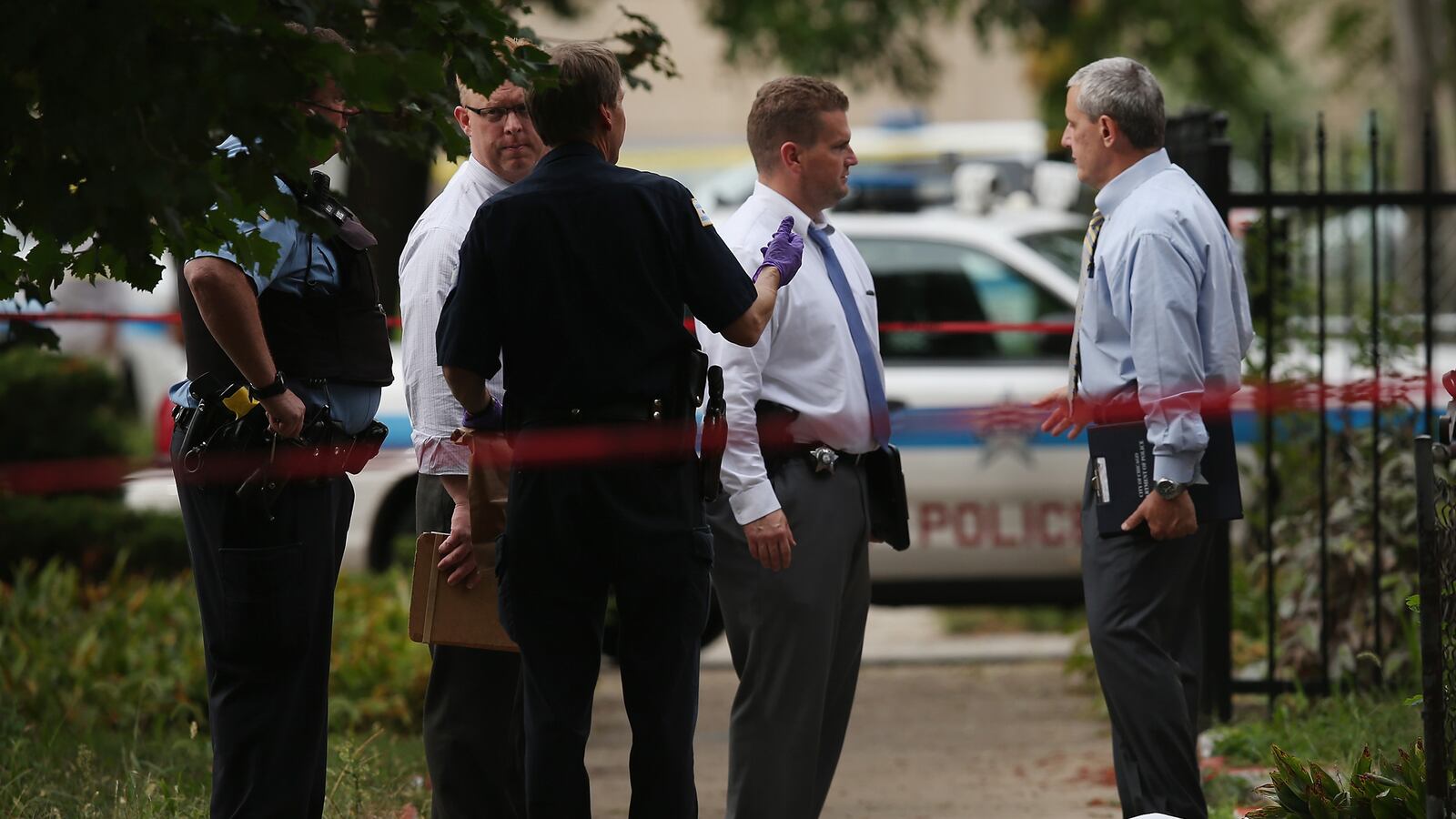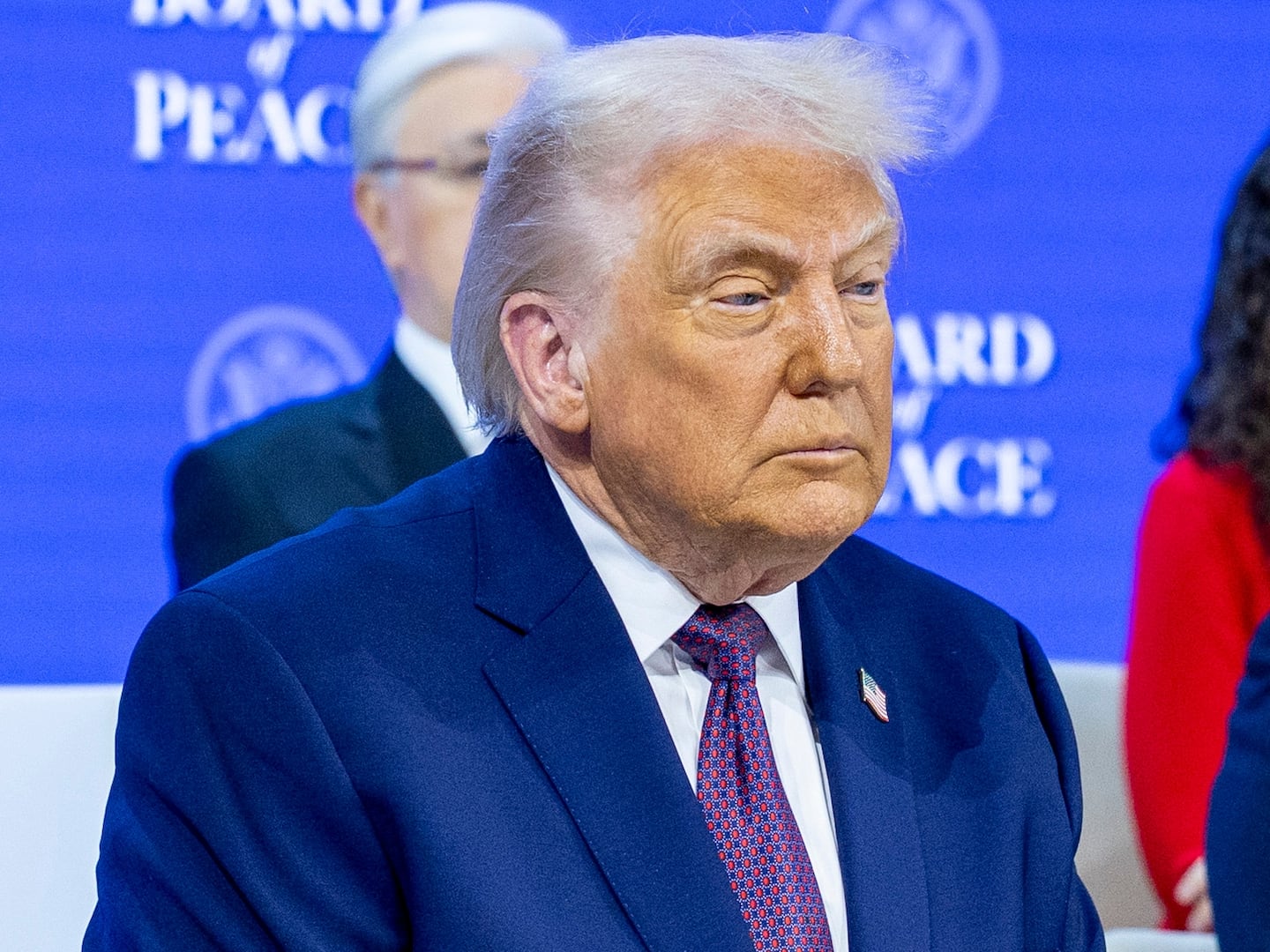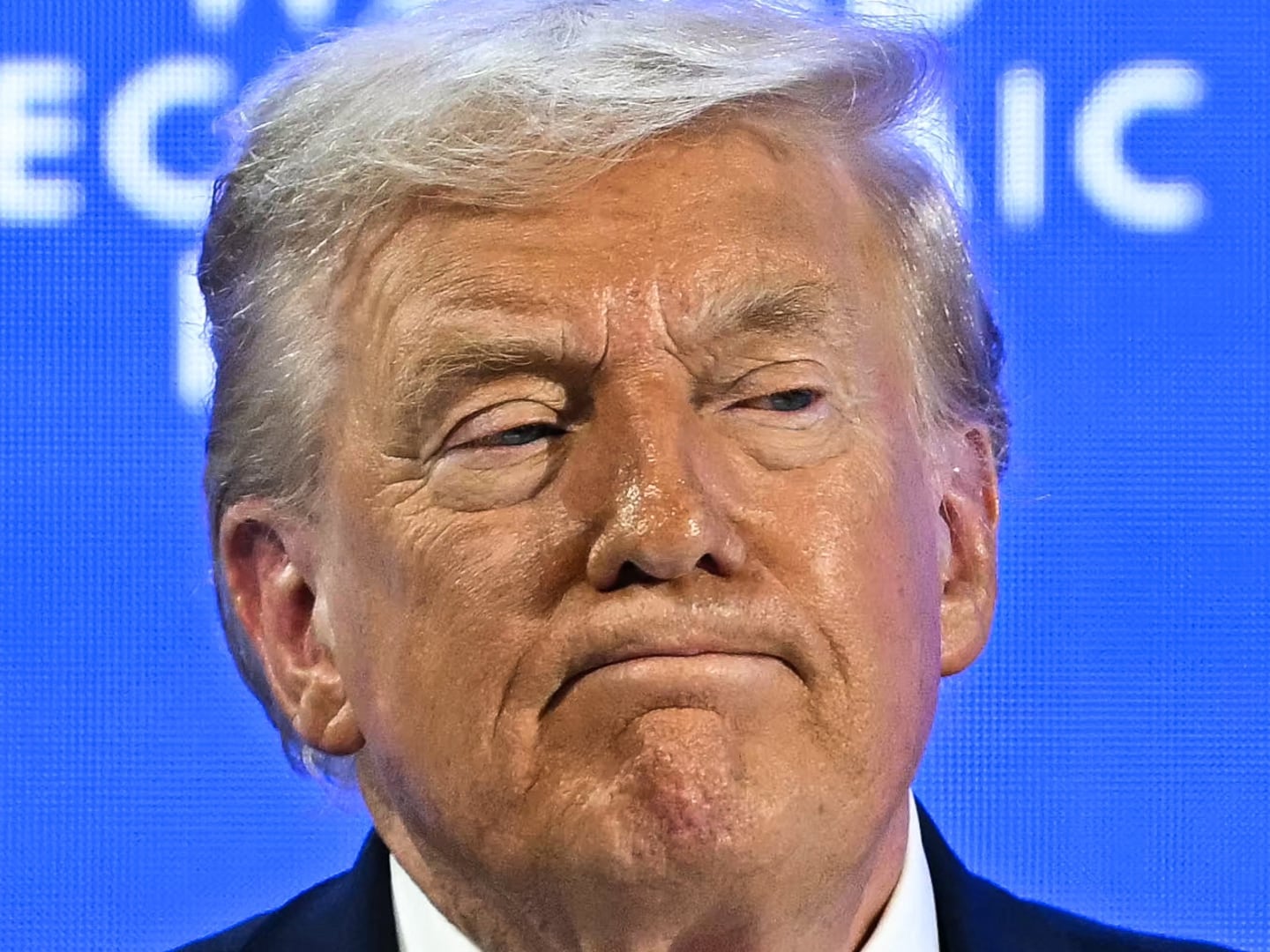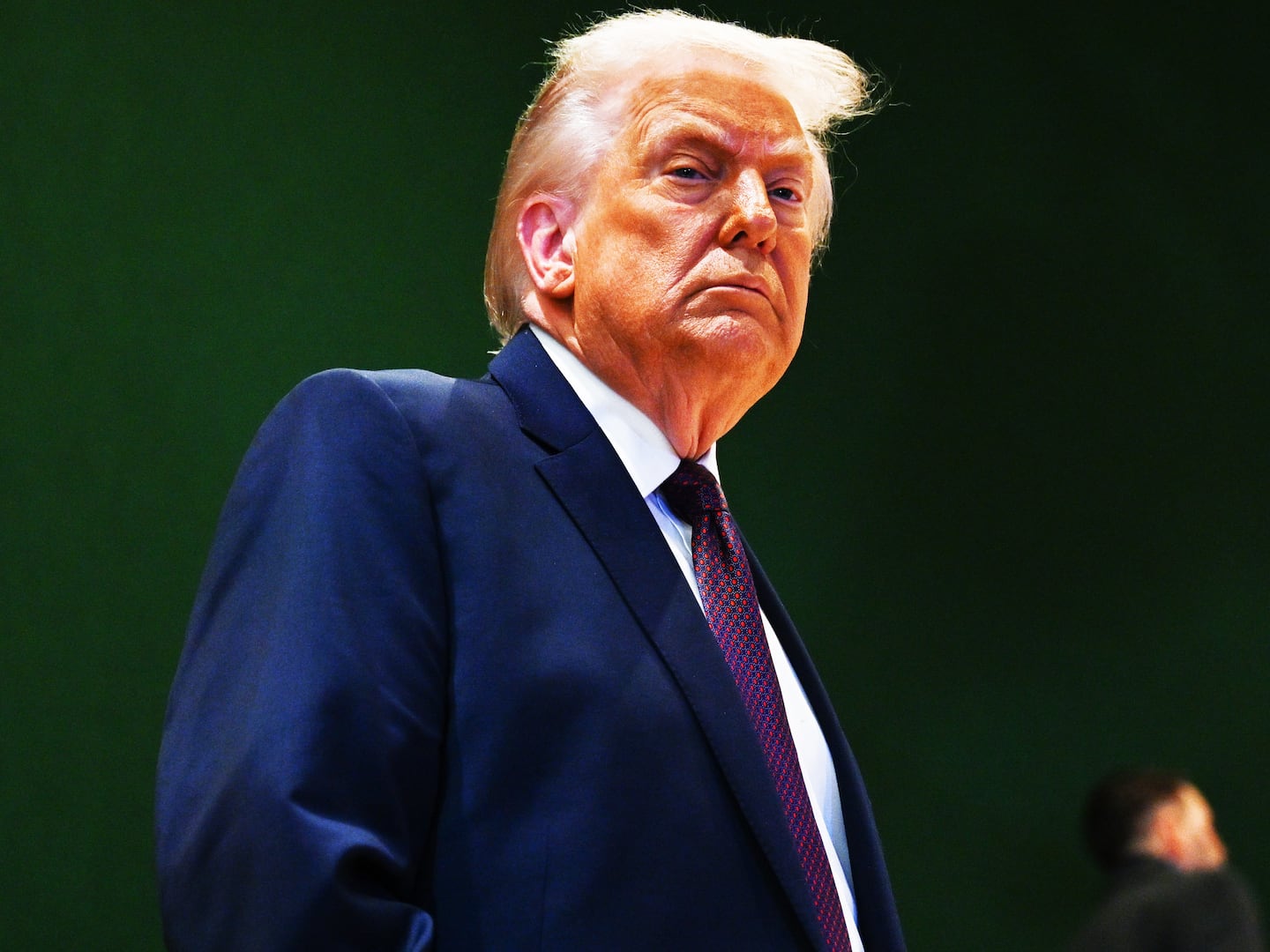Angela Caputo is a Chicago-based journalist who writes for the investigative news outlet, The Chicago Reporter.
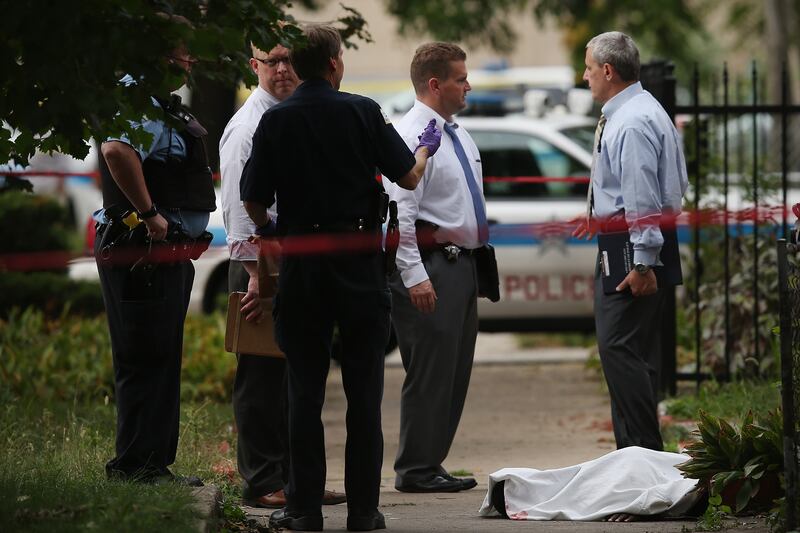
Chicago Police Department brass and their boss, Mayor Rahm Emanuel, are sure to be breathing a sigh of relief as they cruise through the final weeks of 2013 with fewer homicides on the books than last year.
Chicago logged 506 murders in 2012. That’s more than the nation’s two largest cities (New York and Los Angeles), and the number invited media attention that made people think that maybe Chicago, far from being a picturesque city for yuppies and tourists, was actually a good place to go only if you were looking to get shot.
With just three weeks until we close out the year, the homicide ticker is stuck on 401. That’s still almost a hundred more than New York, a city with over three times Chicago’s population, has had to date but it’s also the largest year-over-year drop in a decade, police department data show.
2013 isn’t quite like the banner year of 1965, when 395 murders were logged, but it’s pretty close to it, police officials recently reminded reporters. And unless things go terribly wrong in the next few weeks, this year will probably go down as having the lowest absolute number of murders on the books in 20 years.
People who follow crime closely in Chicago have all sorts of theories for the decline.
Police say that by dropping the hammer on individual gang members and targeting “hot people” in “hot neighborhoods” they’re chipping away at the numbers. Folks who work on neighborhood anti-violence initiatives say street politics and the weather are other major factors. Then there are the theories from some skeptics, who don’t deny that there has been progress, but question whether it has been exaggerated by the Chicago police using some clever accounting tricks to juke the numbers.
What we know for sure is this: last year’s homicide number was alarmingly high, but in the context of the past decade it was an outlier. During the past 10 years (2004-2013) (PDF), Chicago’s annual homicide rate has hovered, on average, around 457. There were two exceptions: 2012 (PDF) and 2008. Those were the only years where the number of killings topped 500.
“History matters. Everything in context matters,” says sociologist Andrew Papachristos, a Chicago native and Yale University associate professor who has studied violence reduction strategies in his hometown and across the country.
While falling homicide numbers may be an encouraging sign that the worst is behind us—for now, at least—not all Chicagoans are breathing that sigh of relief.
More young people have been killed in Chicago in recent years than any other major city, The Chicago Reporter found last year. And the trend continues. So far this year, more than 1 in every 10 of Chicago’s homicides involved a school-aged child. For that, Chicago is a city in mourning.
Also, as “overall crime has declined,” University of Chicago researcher Daniel Hertz points out, “the inequality of violence in Chicago has skyrocketed.”
Translation: Homicides are increasingly clustered in a handful of police districts today compared with 20 years ago.
The divide is so stark that if the city were divided into three sections—the safest, the average and the most dangerous—Hertz writes, “In the early ’90s, the most dangerous third of the city had about six times as many murders as the safest third.”
“By the late 2000s,” he adds, “the most dangerous part of the city had nearly fifteen times more homicides than the safest third.”
Those most dangerous neighborhoods are also Chicago’s poorest. They’re places that got creamed by the foreclosure crisis and have hemorrhaged middle-class residents. They are overwhelmingly poor and black, an ode to Chicago’s legacy of the segregation.
The takeaway from 2013, says Papchristos says, is, “Crime as a whole has gone down for everyone. But it’s ridiculously high in certain parts of the city.”
If Chicago really wants to get a handle on violence—both the numbers and the perception—there’s got to be a long- and short-term strategy to address both. “We need to think about public safety in a broader context,” Papachristos adds. “Good policing isn’t going to create jobs or better schools.”

